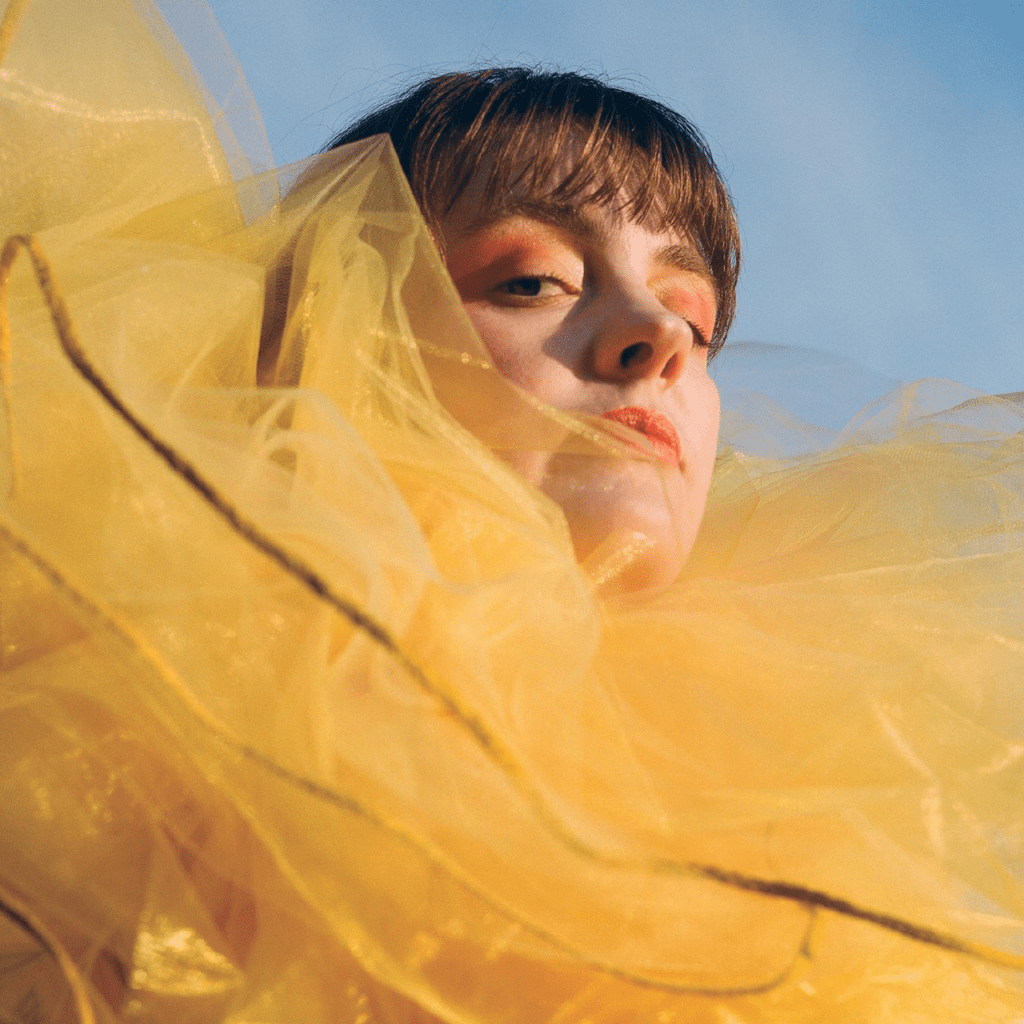Madeline Kenney sings like she has a lump in her throat: Every time you think she might be on the cusp of sliding into a note that’s soaring and clarion, she hovers for a moment, then falters and drops down into a mumble. The Oakland singer-songwriter’s fourth album, A New Reality Mind, is a lucid exploration of self-doubt and insecurity, inspired by a sudden breakup that left Kenney reeling. Its lyrics hew toward the obliquely analytical—this is an internally focused post-mortem, not an airing out of dirty laundry. It’s a uniquely placid breakup record, but Kenney’s vocal tell says as much as her lyrics ever could.
On Sucker’s Lunch, Kenney’s prior album, co-producers Jenn Wasner and Andy Stack of Wye Oak built a bed of plush, winsome indie rock beneath Kenney’s honey-smooth voice. The sound of that record put Kenney in conversation with a generation of young indie musicians—Faye Webster, Barrie, Helena Deland—writing plainspoken lyrics and placing them against loose, lazing arrangements. A New Reality Mind is self-produced, and it sounds vastly different to Kenney’s previous work, drawing clear inspiration from contemporary new-age musicians like Kaitlyn Aurelia Smith and the skew-wiff synth experiments of Arthur Russell.
This kind of synth music has long been associated with meditation and higher consciousness, and it’s a conceptual match for Kenney’s lyrics, which are self-interrogative but kind. “When will I see myself again? In what direction, and with what friends?” she wonders on “The Same Again.” But as a producer, Kenney is prone to throwing in everything but the kitchen sink, making her quest for clarity seem, ironically, cluttered. On “HFAM” and “Superficial Conversation,” fussy polyrhythms overwhelm Kenney’s relatively sparse lyrics. The acerbic, achingly bitter one-liner that caps “HFAM”—“I’m not a fool, and never was/But I refuse to be the one/Who writes the play around the gun”—should read as a moment of hard-won defiance, and instead feels overwhelmed by a bombastic arrangement. Wasner and Stack’s production, even at its busiest, smartly let Kenney’s hiccuping vocal lines breathe, adding a sense of direction and flow to intentionally meandering melodies. Here, she’s often competing against herself.
Occasionally, Kenney’s controlled, expressive vocals salvage otherwise unmoored songs. On “I Drew a Line,” a heady throwback to Angel-and-Amber-era Dirty Projectors, Kenney’s multi-tracked chorus (“I had a vision I would die!”) injects a jolt of panic into diffuse jazz-pop. When, on “The Same Again,” she sings, “Move slow when you speak, so you really get to say what you’re meaning,” sounding as if her face is scrunched into a grimace, she turns a fairly oblique phrase into a razor-sharp barb. These moments, although far between, suggest that A New Reality Mind could have been a more dynamic record if it had zeroed in on Kenney’s intentional, suggestive performances. Kenney’s greatest talents lie in her songwriting and vocals—not all the bells and whistles that surround them.
All products featured on Pitchfork are independently selected by our editors. However, when you buy something through our retail links, we may earn an affiliate commission.

